Description
Artificial Intelligence (AI) has emerged as a transformative force in the field of bioinformatics, revolutionizing the way biological data is analyzed, interpreted, and utilized. By harnessing machine learning algorithms, AI empowers researchers to extract meaningful insights from vast amounts of genomic, proteomic, and metabolomic data, enabling advancements in areas such as disease diagnosis, drug discovery, and personalized medicine. AI-driven approaches excel in identifying complex patterns, uncovering hidden relationships, and predicting biological phenomena with unprecedented accuracy. Moreover, AI facilitates the integration of multi-omics data, bridging the gap between different layers of biological information to provide a holistic understanding of biological systems. Through innovative techniques such as deep learning, reinforcement learning, and natural language processing, AI continues to push the boundaries of bioinformatics, paving the way for novel discoveries and transformative applications in healthcare and beyond. AI-driven bioinformatics tools and algorithms are enhancing our understanding of the intricate mechanisms underlying diseases, allowing for the development of targeted therapies and precision medicine approaches. These advancements enable clinicians to tailor treatments to individual patients based on their unique genetic makeup, leading to more effective interventions and improved patient outcomes. Additionally, AI is playing a crucial role in drug repurposing by rapidly identifying existing medications that could be repurposed to treat new diseases or conditions, accelerating the drug development process and reducing costs. Moreover, AI-powered predictive models are being leveraged to forecast disease outbreaks, anticipate drug resistance patterns, and optimize healthcare resource allocation, thereby enhancing public health efforts and mitigating potential crises. As AI continues to evolve and integrate with bioinformatics, its impact on healthcare and biomedical research is poised to grow exponentially, offering unprecedented opportunities to unravel the complexities of life and revolutionize the practice of medicine
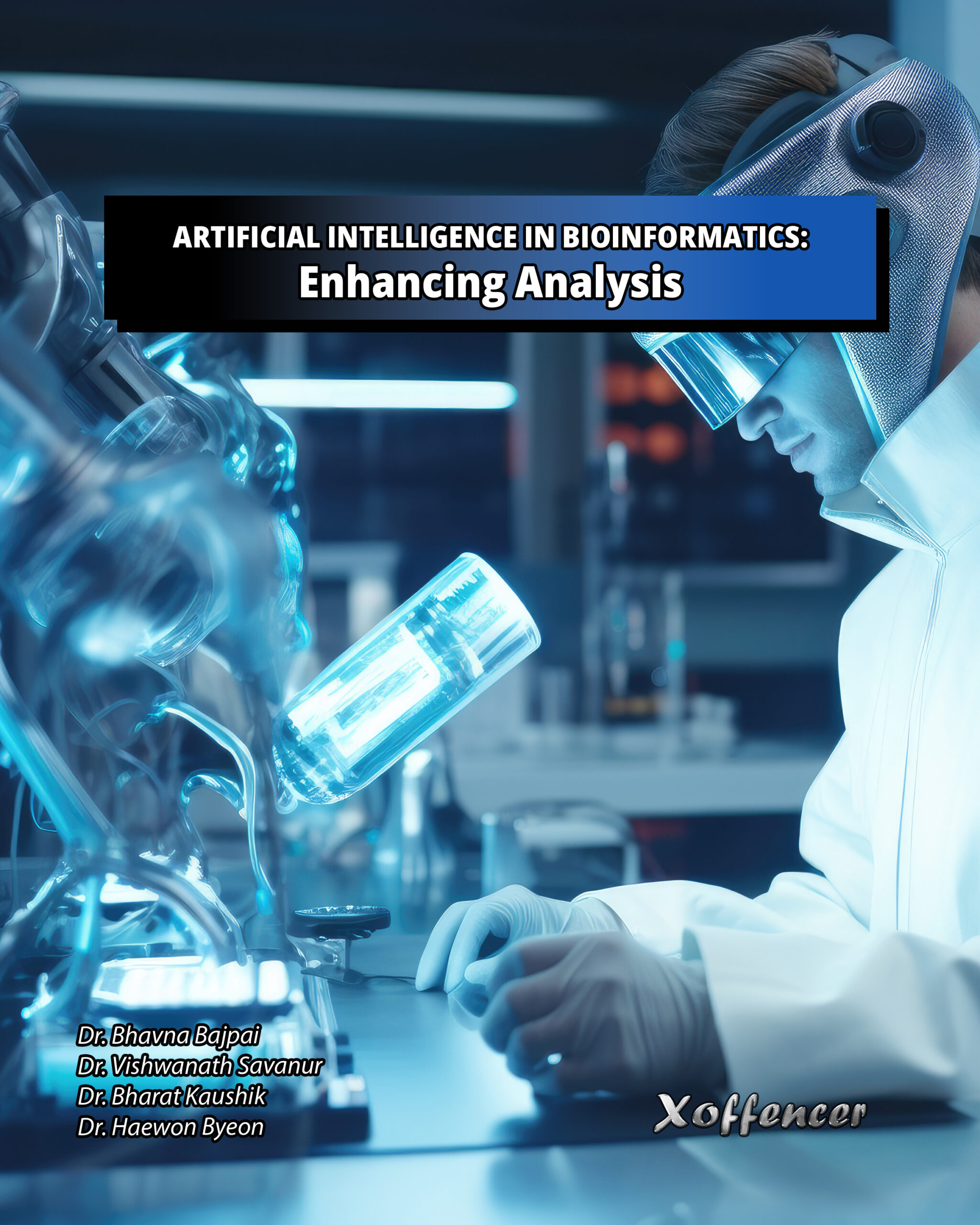

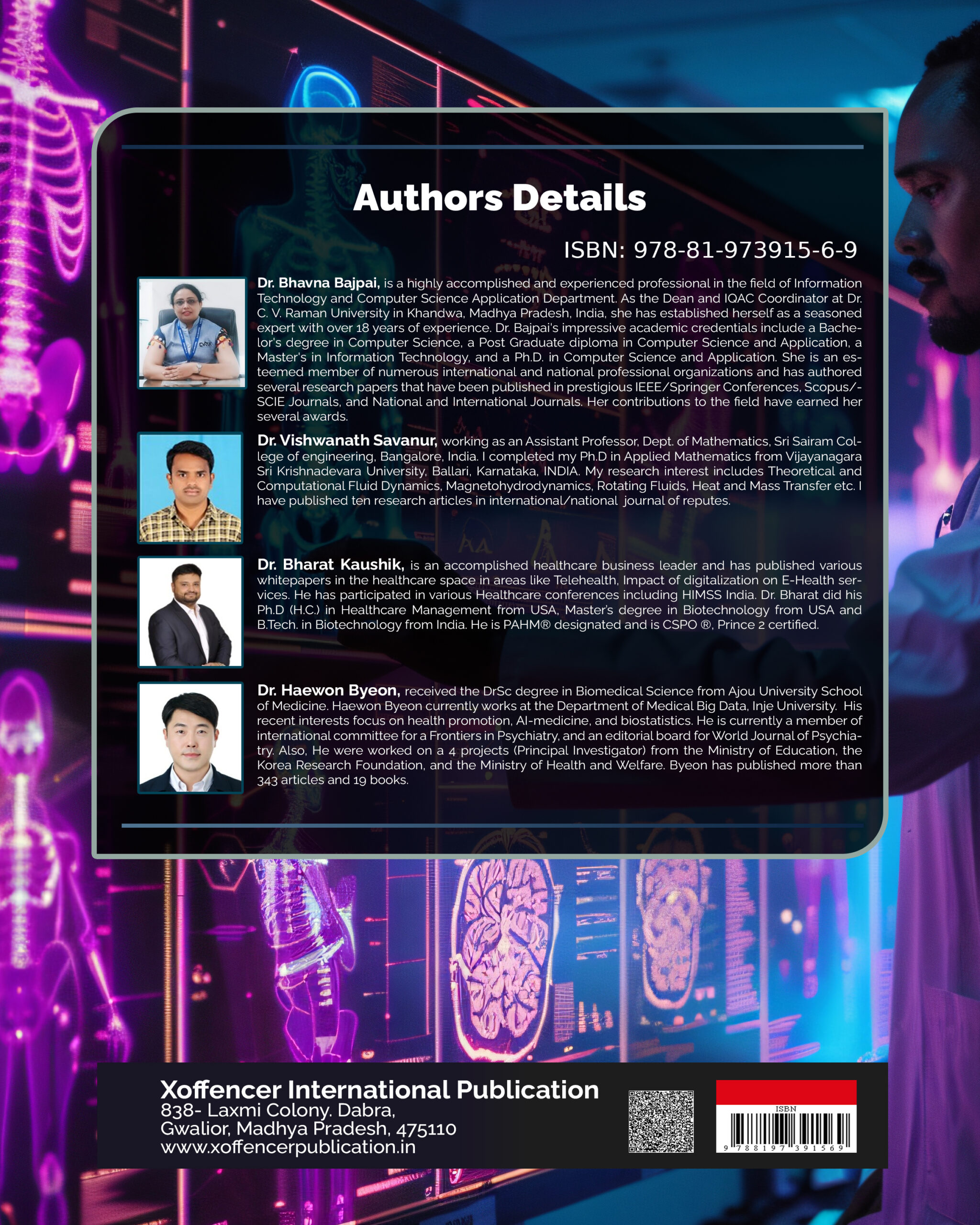
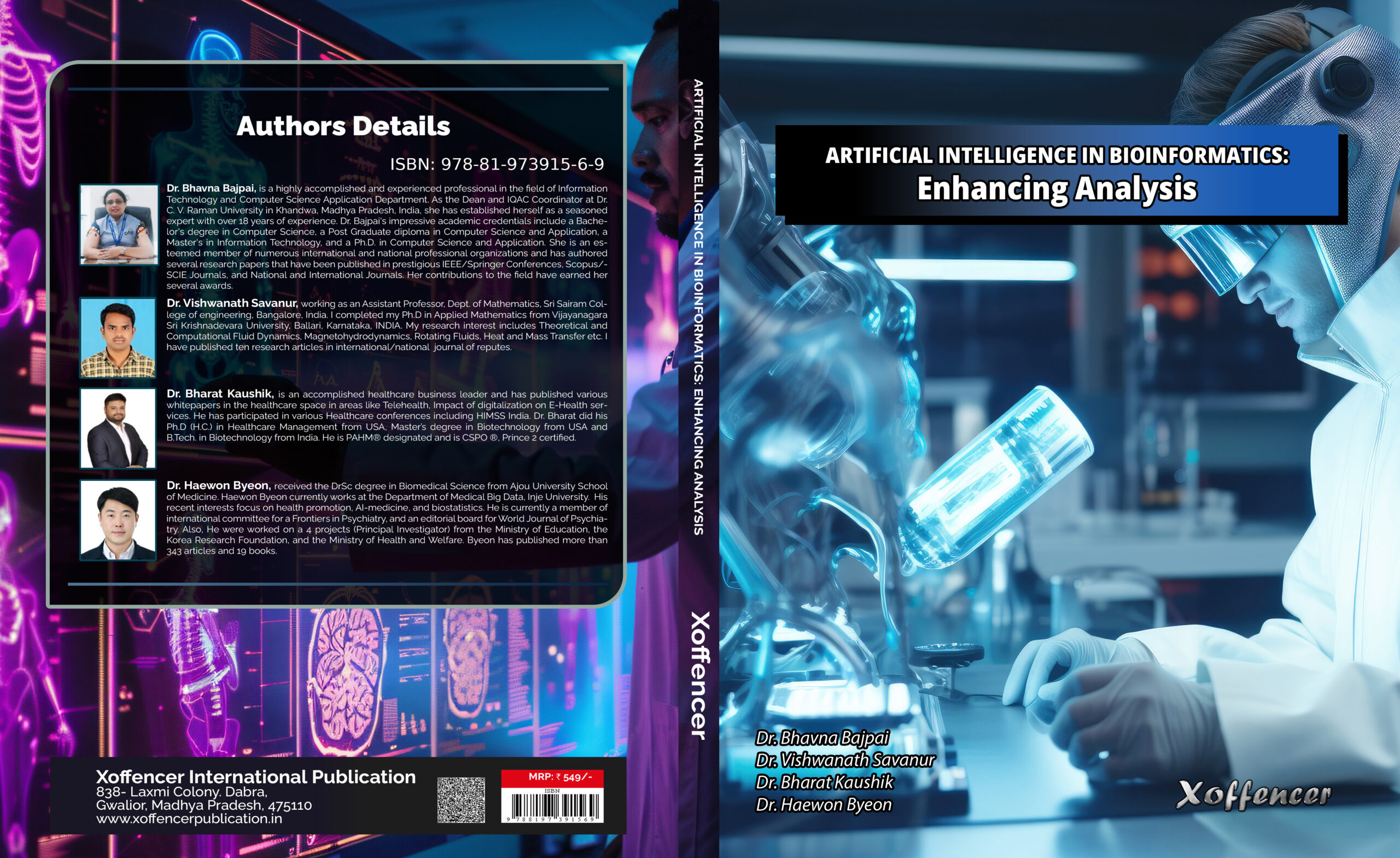





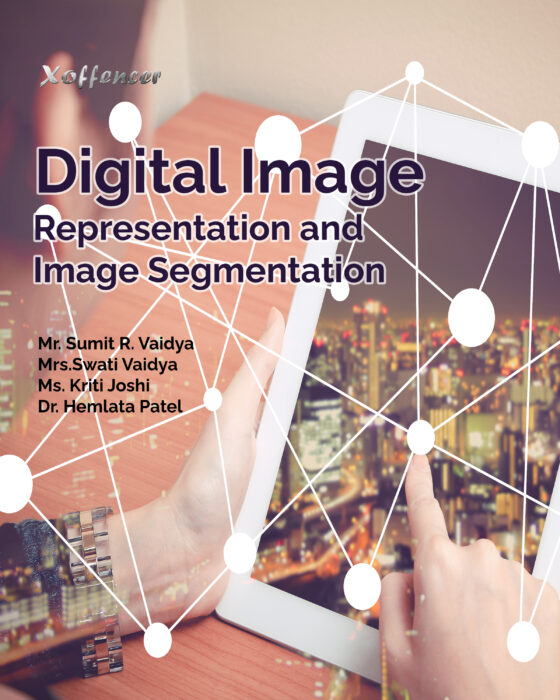
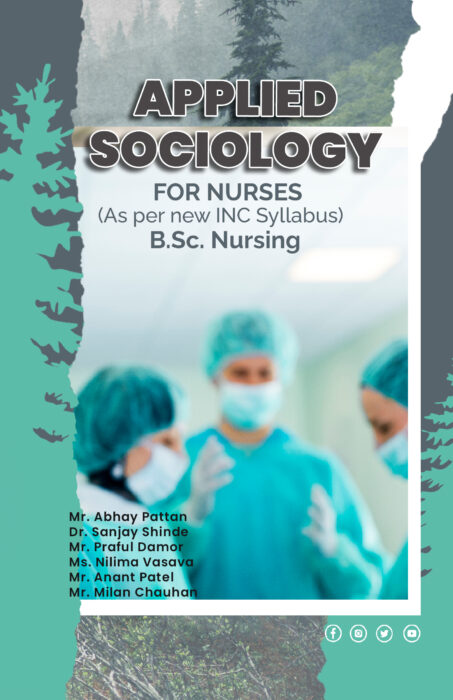
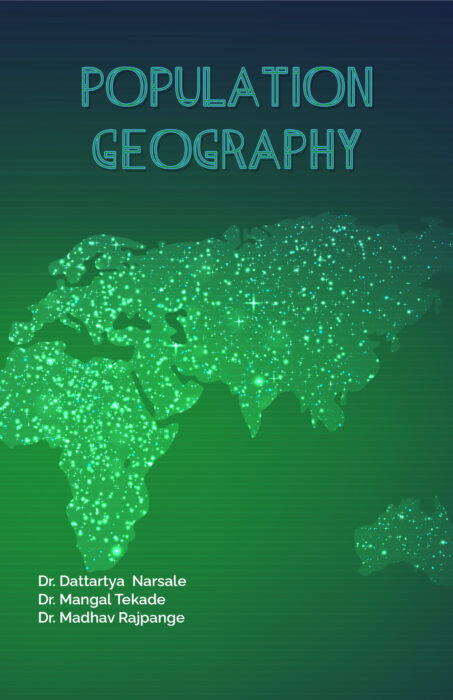
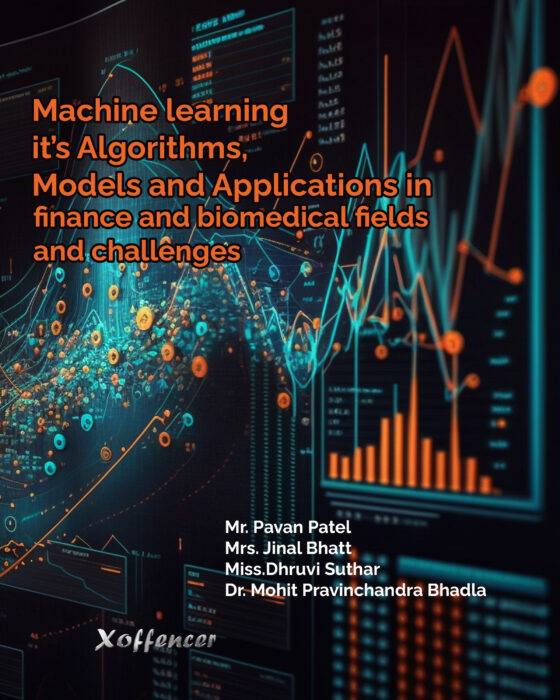
Reviews
There are no reviews yet.